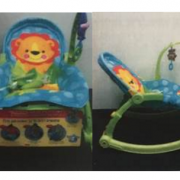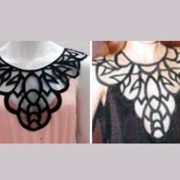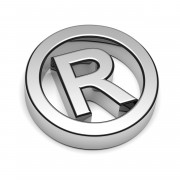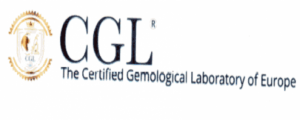Israeli Supreme Court : Infringement or not?
The Israeli Supreme Court has recently discussed whether an industrial product can be protected even if it wasn’t registered as a design?
The Facts of the Case:
Fisher Price sells baby rocking chairs with different colored illustrations. One of Fisher Price’s products is a rocking chair with an illustration of a colorful lion. An Israeli company named Devron marketed an identical rocking chair with a similar figure to that of Fisher Price’s lion.
Fisher Price’s Product Devron’s Product


Fisher Price filed a lawsuit with the District Court against Devron claiming copyright infringement in the rocking chair, in the lion’s figure and in chair’s instructions manual.
The District Court’s Ruling:
The District Court rejected the Fisher-Price claim and ruled that the rocking chair is not a registered design and therefore is not entitled to copyright protection.
Fisher price has appealed the decision to the Supreme Court.
The Supreme Court’s Ruling:
The Supreme Court overturned the decision of the District Court. The Court ruled that copyright laws and the designs laws indeed do not coexist. A product that is a registered design or is entitled to be a registered design shall not be entitled to copyright protection. This is with the exception of products that are not marketed commercially and there is no intention to market them commercially.
Based on this ruling, it was found that the rocking chair in question is eligible for the registration as a design but was marketed commercially and therefore should not be entitled to copyright protection.
However, it was held that under certain conditions, art work that is fixed upon an product that qualifies to be a registered design shall be entitled to copyright protection.
The conditions necessary to enable copyright protection for such work are
1. The product / design is eligible to be registered
2. The art work can be separated from the product (physical and material separation)
3. The art work is protected under copyright law
Separation from the Product
The court held that separation could be physical or material. When it is not clear whether physical separation is possible, the court shall examine whether substantial separation can occur. Substantial separation takes place when the art work can exist without the product as a separate creation without harming its basic form. That is, for example, it could appear as a painting on canvas.
The Supreme Court held that the lion illustration meets these tests since it is possible to separate the sample from the chair and it is entitled to protection under copyright law. However, the rocking chair on which the painting appeared did not receive protection because it was not a registered design.
Eventually the Supreme Court overturned the decision of the District Court and ruled that there was copyright infringement of the illustration and returned the hearing to the District Court in order to decide on the question of damages.
The court also noted that even after the entry into force of the new Israeli Designs Law, the precedents established in this judgment will continue to apply.
The conclusion is that in certain cases intellectual property protection can also be enforced with respect to industrial products that have not been registered as a design. For example in the case of a piece of furniture bearing a unique illustration which is entitled to copyright protection. However, the illustration or print should be sufficiently unique and worthy of protection under copyright law independently.
This does not constitute as a legal opinion, and it is recommended to consult with knowledgeable lawyers in this field.

Attorney Yossi Sivan
Yossi Sivan & Co. Law Offices has been recommended by the LEGAL 500 2017 edition as an Israeli leading firm in the Intellectual Property Disputes category. Also recommended by the World Trademark Review.















